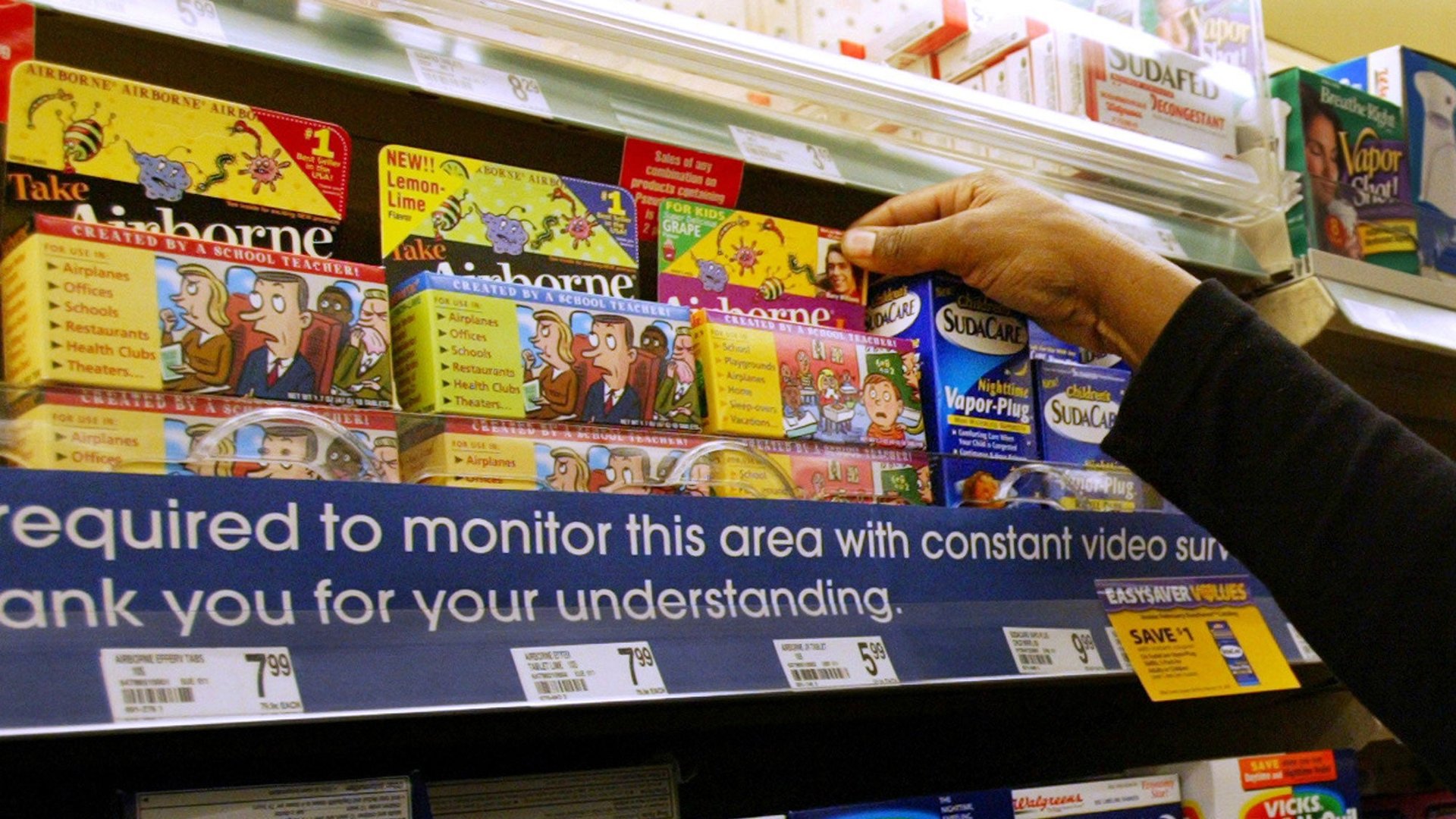The FDA is cracking down on the shady, $3 billion homeopathic drug industry
The US government has fired a warning shot across the bow of junk science, promising to chase down the makers of sham medicine.


The US government has fired a warning shot across the bow of junk science, promising to chase down the makers of sham medicine.
The announcement was made on Monday (Dec. 18) by Food and Drug Administration commissioner Scott Gotlieb. In a statement, Gotlieb described the homeopathic medicine market as being filled with a slew of ineffective placebos, and also as potentially dangerous.
“Our approach to regulating homeopathic drugs must evolve to reflect the current complexity of the market, by taking a more risk-based approach to enforcement,” Gotlieb said. “We respect that some individuals want to use alternative treatments, but the FDA has a responsibility to protect the public from products that may not deliver any benefit and have the potential to cause harm.”
In recent years, the FDA has released consumer warnings about homeopathic drugs that include teething tablets and gels, zinc-containing Zicam products administered through the nose that have resulted in loss of smell, and over-the-counter asthma products, among others.
Even though homeopathic medicine has been written off as pure bunkum, it has become a multibillion-dollar industry that attracts consumers through popular magazines, the internet, big-box retail stores, and even pharmacy retail outlets.
In some respect, homeopathy’s long reach into the market is a return to how medicine looked in the 1930s. According to Suzanne Juno, the FDA’s historian, homeopathy was once practiced by many physicians (pdf). In fact, there were more homeopathic doctors in the American Medical Association than there were in the American Institute of Homeopathy.
In 1938, Congress amended the Pure Food and Drug Act to grant the FDA enforcement power over non-narcotic medicines. This helped create a physician-prescribed class of therapies, which it was believed would become a gold standard in medicine and combat fraudulent therapies. The market for homeopathic medicine was relatively trivial at the time, so the FDA decided to exclude those products from its drug reviews. It was considered a dying specialty that lacked any safety concerns.
Fast-forward nearly a century and homeopathic drugs have grown into a $3 billion industry with little oversight. In recent years, the government says it has noticed a large uptick in “homeopathic”-labeled products promising to treat an array of maladies, from the common cold to cancer.
“In many cases, people may be placing their trust and money in therapies that may bring little to no benefit in combating serious ailments, or worse—that may cause significant and even irreparable harm because the products are poorly manufactured, or contain active ingredients that aren’t adequately tested or disclosed to patients,” Gottlieb said this week.
For that reason, the FDA is looking to crack down on the market. Companies dealing in homeopathic therapies can expect to receive many more warning letters from the federal agency as it responds to reported safety concerns. The FDA will be eyeing products (pdf) more closely, especially those that contain taboo ingredients, those that are administered in ways other than oral and topical, those promising to treat serious illnesses and life-threatening diseases, and those aimed at vulnerable populations.
“It implies they would be more likely to take actions,” says Peter Lurie, president of the Center for Science in the Public Interest. “If I were the CEO of one of these companies, I would realize the cop is back on the beat.”